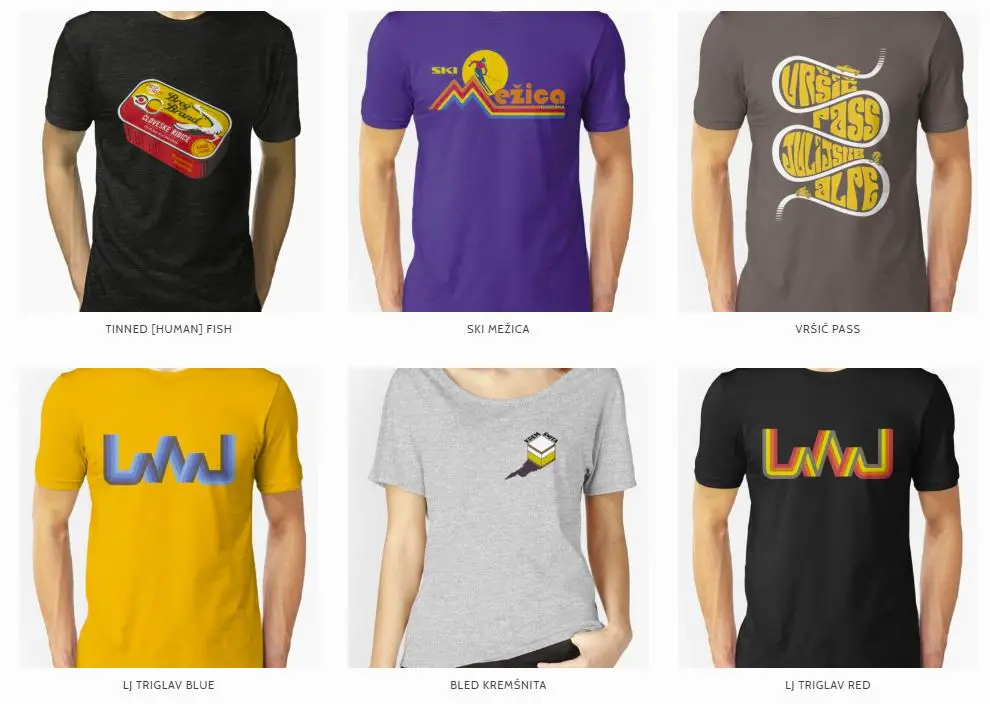You can find out more about Carol Jardine at her website, SpeakEasy English. All our stories on coronavirus and Slovenia are here
Ljubljana related
STA, 10 April 2022 - The government advisory group for coronavirus has proposed that the indoor mask mandate be lifted once the number of Covid patients in intensive care is below 35 for seven consecutive days.
The figure would include all Covid patients in intensive care, those treated because of Covid-19 and those who are in intensive care for other conditions but are also Covid positive, Mateja Logar, the head of the advisory group, told the STA on Sunday.
This week the number of Covid patients in intensive care remained below 40 before rising to 42 today. The last time there were fewer than 35 ICU patients with Covid was in August last year.
Logar hopes the target figure will be achieved in seven to ten days. Add to that the seven consecutive days that the number must remain below the limit, and the restriction could be lifted in two weeks at the earliest.
Masks would remain mandatory in hospitals and aged care facilities.
The proposal is yet to be approved by the government.
The indoor mask mandate is one of the few restrictions still in place, most others were lifted once the Omicron-driven wave subsided.
While daily new cases remain fairly high compared to previous lulls in the epidemic, hospital numbers have been dropping.
STA, 7 January 2020 - Mass antigen rapid testing has been suspended in Ljubljana due to unsuitable swabs, the Ljubljana Health Community Centre has announced.
The health centre told the STA they had suspended testing based on a decision by the Agency for Medicinal Products and Medical Devices, which found the swabs unsuitable because their producer is not known and the swabs have no required markings.
The agency said in a press release today that this had been determined as part of an inquiry into the suitability of the rapid antigen tests kits by Chinese producer Shenzen Ultra-Diagnostic Biotec supplied by company Majbert Pharm.
Subsequently, a temporary ban was issued preventing further use of the swabs. The agency stressed that the ban was in place exclusively for the swabs.
The Ljubljana Health Community Centre announced it was suspending mass testing that should have resumed at Kodeljevo sports hall at 11am today due to a lack of proper swabbing materials.
They said testing would resume as soon as they received permission and suitable materials from the Health Ministry or the relevant institution.
Mass testing was also suspended in Medvode, a town just north-west of Ljubljana. The local authorities said the community health centre there had received only 350 tests from the Health Ministry and would soon run out of tests, considering the great numbers of people wanting to be swabbed.
The Medvode Community Health Centre will resume testing next week, on Tuesday. Testing will be available to Medvode residents only.
The Agency for Medicinal Products announced yesterday it would examine the suitability of antigen tests after suspicions had been raised about the tests' reliability.
The Chinese-made rapid antigen tests have been supplied by Majbert Pharm, a company owned by a pair reportedly linked to cryptocurrency pyramid schemes, which won a public tender in December for offering the lowest price, at EUR 1.982 apiece.
The web portal Necenzurirano has reported that the tests had shown a false positive result in several cases.
The opposition Social Democrats (SD) reacted by filing a request for an emergency session of the parliamentary Health Committee to discuss the transparency and lawfulness of the public tender for the rapid antigen tests and the suitability of the supplied tests.
It said that suggestions that the supply of inappropriate tests could be linked to the ruling Democrats (SDS) should be investigated immediately along with any potential violations of anti-corruption legislation.
The latest numbers on coronavirus and Slovenia
STA, 30 May 2020 - After two and a half months, the Covid-19 epidemic will officially end on Sunday, as Slovenia becomes the first country in Europe to do so. Life is gradually returning to normal after schools and kindergartens were closed for two months, public transport suspended, non-essential stores closed and strict social distancing rules put in place.
By Thursday, there had been 1,473 cases of Covid-19 confirmed in Slovenia, the latest available data shows. In the past month, the number of confirmed daily cases has been reduced to a single-digit trickle, while only a handful of people are in hospital care.
But in the first half of March, the situation was much different, with the number of cases growing exponentially. The first case was detected on 4 March and within a week, the number exceeded 100 cases, while only two days later it had already surpassed 200.
An epidemic was declared on 12 March so as to allow the Civil Protection Service to initiate the national epidemic plan. In the following days, the newly appointed government started imposing strict social distancing measures so as to prevent the scenario that had been playing out in Italy at that time.
A month after the first case was detected, more than a thousand cases had been confirmed. The highest daily increase of cases was seen on 26 March, when 61 people tested positive. Data compiled by Covid-19 Sledilnik, an online tracker with multiple data inputs, shows that the epidemic reached its peak in Slovenia in early April.
An epidemiologic anti-bodies survey conducted at the end of April suggested that 66,000 people had been in some sort of contact with the virus.
By Thursday, a total of 108 people died of Covid-19 in Slovenia, 80% of them were elderly nursing home residents. Infections were confirmed in 14 homes, with three homes becoming full blown hotspots, accounting for the majority of casualties.
The communities where these three homes are located reported some of the highest number of deaths: 38 people died in Šmarje pri Jelšah, 20 in Ljutomer and 17 in Metlika.
It is believed that the situation would have been much worse in Slovenia had it not been for strict epidemic measures. Not only did public life grind to a halt, people were even banned from travelling outside their municipality units for a while except for work and emergency.
Public gatherings were banned, as well as movement in public spaces and people could only take walks outside with members of their own household. Facial masks were obligatory in closed spaces, as were protective gloves.
A gradual easing of restrictions started in late April and in early May bars were allowed to serve patrons sitting outside, smaller non-essential stores reopened, as well as hair salons, libraries and churches, all having to comply with strict social distancing rules.
Preschoolers and student of the first three grades returned to kindergartens and schools on 18 May, to a great relief of many parents who had been working from home while caring for their children.
Ninth-grade students and those in the final year of secondary schools returned last week, while the rest of primary school students will return in the coming week. The rest will finish the school year through distant learning.
Most services will have returned back to normal by Monday, when the gathering of up to 200 people will be allowed again. Gradually, border crossing restrictions are being abolished.
With the country expecting a second wave of the epidemic in autumn or winter, some of the social distancing rules remain in place. People need to keep a safety distance of 1.5 metres or wear a face mask where this is not possible.
While life is finding a new normal, the economic and social consequences of the epidemic will be more enduring. Nearly 30,000 people lost their jobs in March and April.
Fortunately, the most recent data from the Employment Service shows this trend has started to reverse. However, a number of companies have said they would have to lay off workers in the coming months as reality hits.
To help the country overcome the crisis, three legislative packages have been passed by the National Assembly, bringing measures valued at some EUR 6 billion.
All our stories on coronavirus and Slovenia are here
Part 1: Going Through the Coronavirus Grief Cycle in Slovenia
Part 2: Are We All in the Same Boat? Lockdown in Slovenia & Around the World
This is my a second attempt at this article, my first attempt was so morbid and depressing that I found myself grateful that I didn't keep stocks of pills and alcohol around the flat – although I don’t think you can OD on leftover antibiotics!
Well, with lockdown slowly lifting and the promise of reunion with old friends and students, life is much better than it was three weeks ago – when there was barely a glimmer at the end of a seemingly endless tunnel. So being in a much more positive mood, I have had time to reflect on some of the skills and knowledge I have acquired while in solitary lockdown.
First and foremost, food. As a former ‘career girl’, I lived on expense account meals, cigarettes, carrots (to counteract the cigarettes), and the hospitality of friends and lovers. When I entertained I hired the auspices of Mary, who cooked and delivered straight to the oven, half an hour before the event, while I ostentatiously prepared the salad.
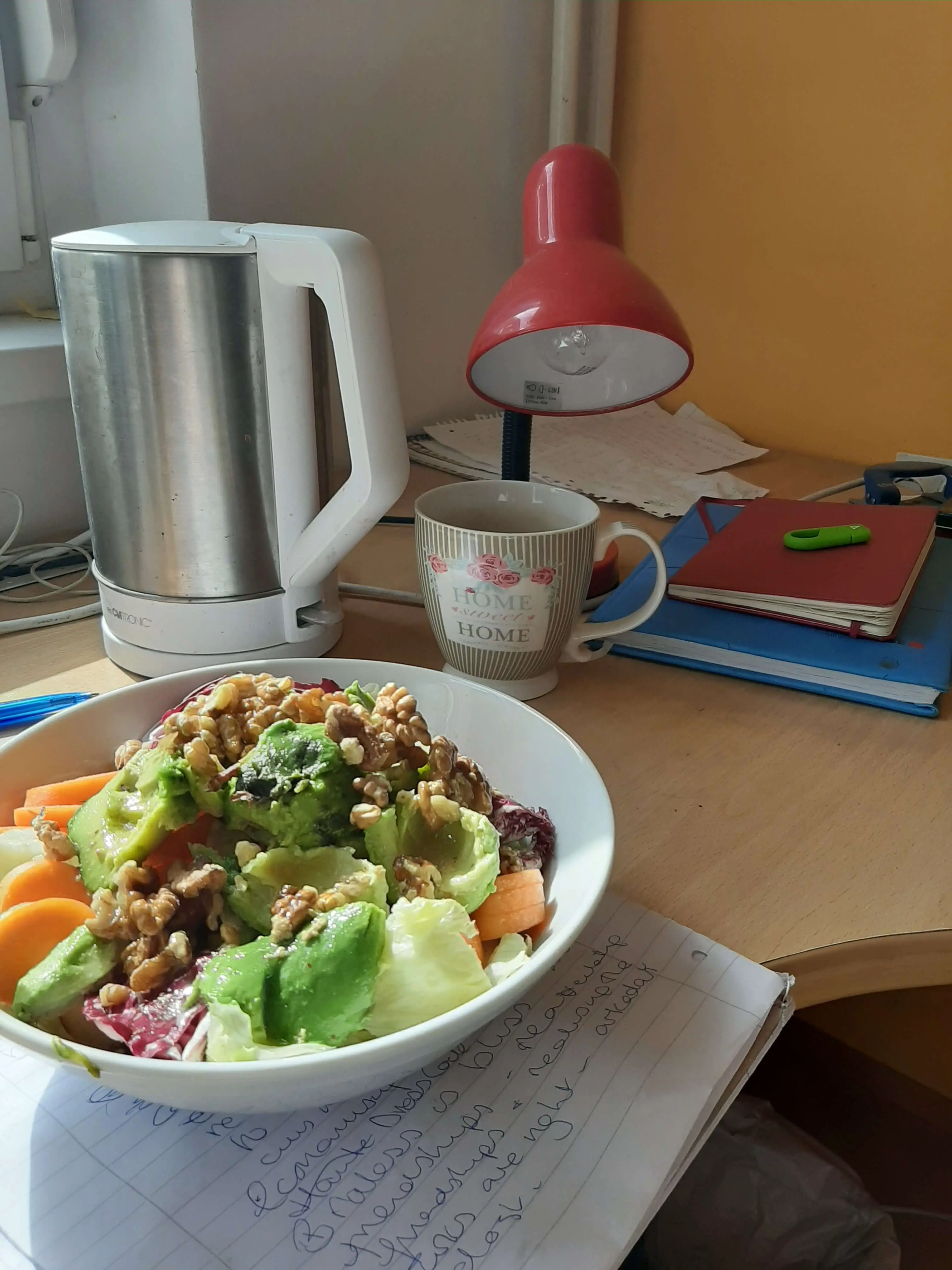
Now, as a teacher living abroad, I have neither the money nor Mary, and struggle by on Jamie Oliver’s Easy Peasy Pasta, tins of jota and ricet, and weekend restaurant treats – and, of course, carrots. They were not so necessary, as I had stopped buying cigarettes, and only smoked OPs Other Peoples) at weekends.
So isolation provided me with the time and opportunity to experiment with ‘easy’ Asian, Indian, Italian and Korean recipes – with mixed success, and much pot burning. In desperation, I learnt about the 18-minute rice cooking method, and I have perfected the art of exotic salad making. I use nuts, strawberries, avocado, asparagus, chickpeas, onions, baby tomatoes and kale and my piece de resistance is my unique blend of dressing using grated horseradish, lemon juice and parmesan. I have learnt to eat healthily, using up all my ingredients in either salads, smoothies or stir-fries. Had I stuck to this diet, I would be slimmer and sleeker, but unfortunately, I have become chronically addicted to chocolate and currently, I’m trying to wean myself down to one bar every two days – but it's difficult.
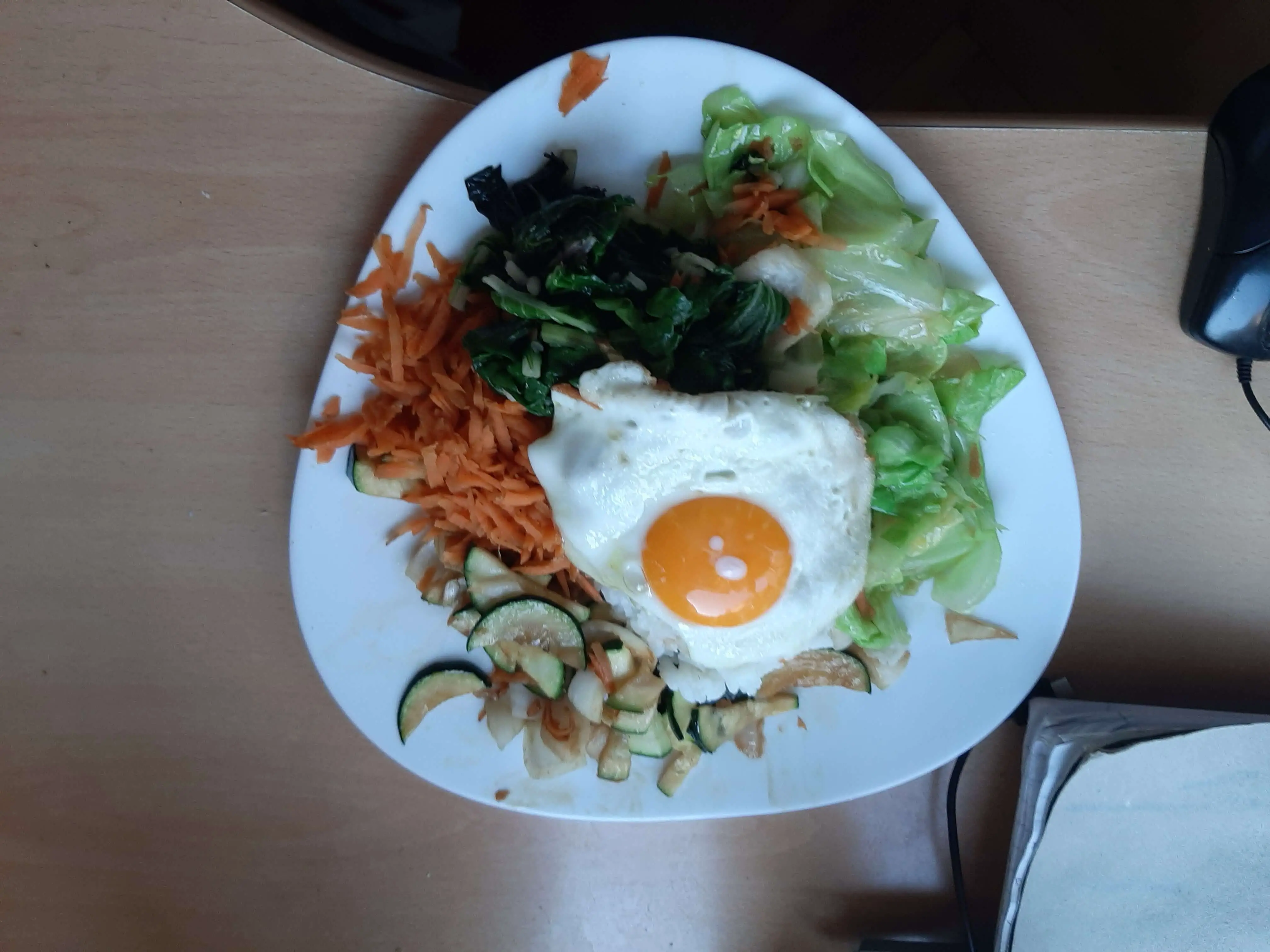
Secondly, I have used the extra time to indulge in my passion for writing, getting as far as a book proposal, rehashing it and now stuck in a mire of self-doubt. However, in the quest of furthering my, as yet, undiscovered literary skills, I embarked on and completed an inspirational course on screenwriting (www.futurelearn.com) and I am now trying to adapt my short story of an adventure in the Nicaraguan outback into a screenplay – I am currently stuck at the ‘beat sheet’ where I have to list the dramatic events in sequence, but I intend to do this after finishing this. Concentration is an ongoing problem. I have already paid for a 150-page feedback report from one of the educators on the course in September, so I am financially motivated. A positive side effect of this course was having to study various films, and screenplays – many of which I hadn’t seen, and which proved to be most enjoyable, some even uplifting and most importantly I learnt to download films. I have l already chosen the actors for my oncoming film debut – Olivia Coleman and Paul Mescal. And on a more modest level, I am writing articles like this again.
Thirdly, introspection on a grand scale. Perhaps too much, but so much time alone enforces reflection on friendships, love affairs, career, life achievements (or lack of them) the past is alive and kicking and tends to dominate the conscious, manifesting in vivid dreams. The present is in a kind of suspended animation, and the future uncertain to put it mildly. I have found the prevailing atmosphere pensive, verging on apprehensive as I perform my daily cycle along the river. Few return my cheerful ‘Dober Dan’, each lost in their inner world, although yesterday, there was a definite improvement and people in cafes and bars were smiling, almost laughing – until they saw the bill!
I have been alone, not necessarily lonely, but I have found the lack of freedom of choice difficult. It makes you re-evaluate friendships, at home and abroad, and hugely appreciate the small acts of kindness shown by some kindly, and often unexpected souls – a distanced bike ride or walk by the river, a basket of homegrown vegetables and the delivery of delicious home cooking. These small actions are cherished, never to be forgotten. No amount of Skype or WhatsApp airtime can replace the proximity of living beings, be it a dog or human. And most importantly being able to see the light in the eye, so lacking in remote conversation.
It's going to be strange meeting up with ‘friends’ who have not been in contact and trying to adjust to one’s new perception of friendship and life in general.
And last but definitely not least, I fear I am in great danger of falling prey to the ‘nocebo effect’. The ‘nocebo effect’ is the opposite of the placebo effect. In other words, while the placebo effect heals, the nocebo effect harms – both without any pharmaceutical grounds for healing or harming. Both effects prove the mysterious, but the undoubted mind-body relationship, which shows how the power of the mind has considerable power over the healing or the harming of the body. A fact that can be biochemically measured and proven quantitatively in terms of enzymes, hormones and cellular change.
In the case of this pandemic, we are all in danger of catching the nocebo effect, especially if we regularly follow the news on the now ‘deadly coronavirus’. It has mutated from nasty flu to a very nasty flu, and now it’s commonly described as lethal. Statistics abound, with no comparisons or context, with the sole objective of increasing fear and trepidation (and thus lowering the immune system). After a rather acrimonious discussion with a medical friend, who himself, is medically compromised, he succeeded in not only in making me feel selfish for my desire to earn my living again (as I am sole earner), and my need to commune with living beings, other than the untalkative ducks and swans whom I see daily. And worst of all, he infected me with his very real fear of death by corona. The outcome of this discussion was that he (inadvertently) made me drink two glasses more than my self-regulated two glasses of Slovenian vino and chain smoke ten cigarettes in two hours while reading the doom-laden articles he sent me to substantiate his argument. So yesterday morning, after fearful dreams of open coffins floating down the Ljubljanica I woke with a headache (slight hangover), coughing a bit (after my unaccustomed cigarette intake), combined with an overwhelming feeling of dread. And started rewriting my will.
Only the thrill of speaking to my favourite author, Dervla Murphy, and listening to her calm wisdom across the airwaves, was I in the mood to leave my will unfinished and to cycle across the city to my friend in Bežigrad. Ljubljana was Like a scene from Sleeping Beauty, I joyfully observed the mass of happy faces in the awakening city and the atmosphere changing from pensive to peaceful.
There seems to be the saplings of hope appearing, but beware all ye who abandon hope – you may fall prey to the incredibly infectious nocebo effect. Just remember the end is nigh!
Part 1: Going Through the Coronavirus Grief Cycle in Slovenia
Part 2: Are We All in the Same Boat? Lockdown in Slovenia & Around the World
You can find out more about Carol Jardine at her website, SpeakEasy English. All our stories on coronavirus and Slovenia are here
STA, 24 April 2020 - In the wake of the novel coronavirus epidemic the Chocolate Festival is moving to the virtual realm. First, it seemed that the popular annual event in Radovljica would not take place this year due to the extreme situation, but the organisers have decided to hold it online between 24 April and 30 April.
The festival, which had been supposed to get under way in the picturesque northern town on 17 April, was cancelled mid-March in the light of lockdown measures imposed to contain the spread of the virus.
However, at the initiative of chocolatiers, chocolate enthusiasts will now be able to feast their eyes and order various treats online.
"Even if we are left without the festival, that does not mean that chocolate lovers should be left without quality Slovenian chocolate," said Nataša Mikelj, the head of the festival's organiser Radovljica Tourism and Culture.
She added that the transition to the virtual world was prompted by the public's reaction to the festival's cancellation. The event attracts some 50,000 visitors every year.
Slovenian chocolatiers, who have been left without traditional sales outlets due to the closure of boutique chocolate shops and restaurants, will hence have a platform to promote their products.
The online edition of Chocolate Festival will be the first virtual food festival in Slovenia.
Apart from the festival's web page, the events will also unfold on Facebook. On top of chocolate promotion, the virtual content will include ideas for activities featuring chocolate, sweet challenges and contests as well as video content presenting chocolate artisans.
Chocolatiers will display their high-quality, hand-made products on virtual stalls and treat visitors to sale offers.
The organisers are aware that visiting the festival in person is a unique experience. However, taking part in the virtual edition, one avoids crowds and does not even need to use protective gear, they have highlighted.
I finished my last article about three weeks ago with a relatively upbeat message, ‘We’re all in this together’, meaning we are all in the same boat. However, as the weeks progress into an increasingly unknown future, I realise that we are in very, very different boats indeed.
I started by reassuring myself with this Churchillian mantra, but now that the initial fog has cleared, I am observing first hand that we are all in very different boats on a scale ranging from a blissful, relaxed euphoria through to a lonely pinnacle of rising fear and angst, and the curve is the inverse of the traditional Gaussian Distribution curve.
Here in Slovenia, many people are employed and from what I hear, rather enjoying working from home, or they are bumbling along on their pension, living above or below their extended families, and whiling away quality time in the garden, or allotment with family. As my landlady said when it all started, ‘It’s not going to affect us.’ - and it hasn’t.
However, I know several families living the dream life – the successful, but workaholic husbands now garrisoned at home; the wives, gleefully swapping their crowded waiting rooms or tedious working days for woodland walks with the dog, finally having the time to show off innate cooking skills to an appreciative family; children, home from university are studying in domestic and gastronomic comfort, and working out in the garden to counteract the excesses of the kitchen. Bliss.
So in this most glorious Corona spring, when the sun always shines, the more fortunate can relax in their flower- filled gardens with the added comfort of knowing that there is a regular salary coming in.
Another fortunate Slovenian friend lives in a similar abode complete with all the external accoutrements of above, in the congenial company of her two twenty-something children and her buck-toothed, boss-eyed, but exceedingly friendly Jack Russell. All three humans are working from home, with ample space to carouse in the garden or work peacefully in the spacious confines of their five-bedroom home.
Fast-forward to the other end of the curve, where many are most definitely not living in such familial bliss. They inhabit cramped flats with no balconies, and worse still, some have no option but to co-habit with an obnoxious other half, vying for TV channels, and generally messing things up - or worse! This situation can also be exacerbated by having hyperactive children around to monitor . The attention seeking child doesn’t take kindly to being educated by a face on a screen with no audience other than the family cat. Whether working from home or with no work, in small confines the tensions are building. The only saving grace, in Slovenia, is the relative proximity of the parks, the river and the abundance of glorious greenery. Compare all this lush nature to the average Londoner’s concrete jungle, living in similar flat, with the added worry of a zero-hour contract.
They struggle miles on foot to get some rays on Primrose Hill or Hampstead Heath, before being brusquely moved on by overzealous police wearing masks. Gardens are a rarity in Inner London and parks and woodland scarce. The main reason I chose my London flat was for its long ample garden, and the unimpeded view of nearby Highgate Woods.
In fact, this article was prompted by an email from a semi-retired journalist friend, who wrote unabashedly ‘life has never been better’. She can scribble her weekly column in her gazebo in their vast flower-strewn garden, while her retired husband refines his already excellent culinary skills. She didn’t mention her newly-wed daughter and her husband who are in the ranks of the self-employed, a yoga instructor and a chef respectively, both now living with future dreams on fragile hold for the very uncertain future. Very different boats indeed.
Having lived overseas for the last 13 years, I am still in touch with friends in Asia and Central America, and they are in even less comfortable boats. In an ironical twist, as Europe and the UK once stigmatised innocent Asians in the run-up to the crisis, Viet friends, encouraged by their government propaganda, wholeheartedly blame the virus on the travelling Westerners, and in China, my very petite blonde Australian friend currently working as a School Principal tells me that despite her ’COVID free badge’, mask, gloves and her 21-day quarantine pass, she is treated like a white devil. Chinese mothers pick up their children and literally flee when they see her blonde locks, restaurants refuse her entry – and people in shops, look at her over their compulsory issue masks with cold, untrusting eyes and give her a very wide berth.
Masks are compulsory at all times – and in Vietnam, as in many other Asian countries, they have a natural affinity for masks. Reports from Vietnamese friends say they that although they are working from home, masks are worn at all times – I didn’t ask about bedtime. There are no motorbike taxis or car taxis, and large hotels and markets are shut. Many have lost their jobs.
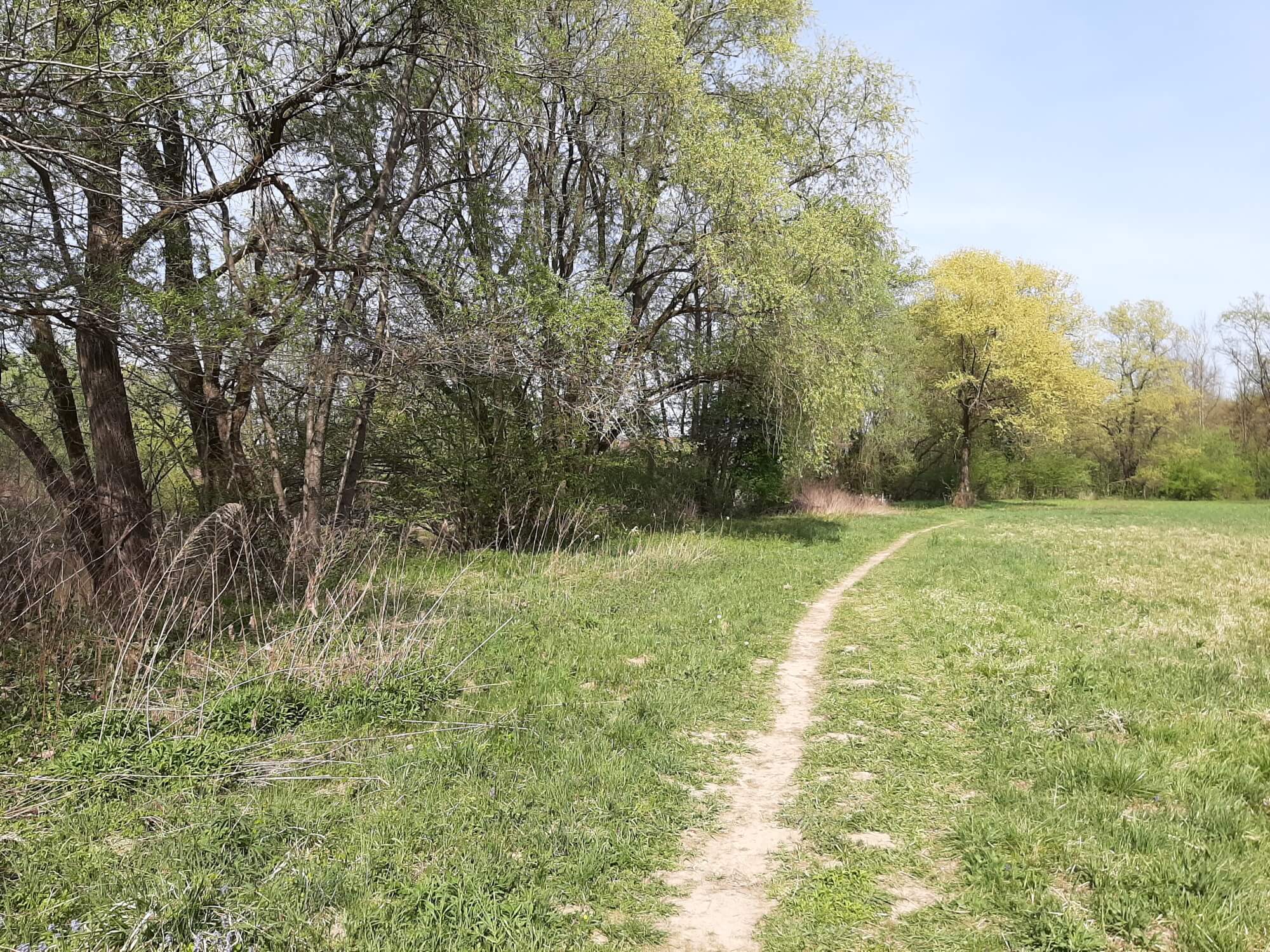
Meanwhile in Spain, my old schoolfriend is entrapped in her mountain village and is currently dogless, therefore her exercise is limited to the 200-metre walk from her home in the centre to the nearest food and wine shops – a 600 Euro fine awaits anyone who is found exploiting the rule. Her 85-year-old Scottish mother died two weeks ago, alone in a hospital in Scotland of an unrelated infection, possibly exacerbated by fear. For the last four days of her life, she relied on an iPad and daily 15 minute visits from her other daughter,clad from head to foot in a hazard suit, forbidden to touch. My friend in Spain at least has the small solace of a garden, where she is grieving alone, without any sense of closure, and trying to plan a memorial service in the unforeseen future.
Meanwhile, in Istanbul, a hyperactive party- going Australian couple, aged 63 and 65 respectively, working as teachers and energetically living a second, but childfree youth, are forbidden to leave their homes,full stop. Despite a small balcony and a 40-year marriage, they are becoming increasingly unamused and after two weeks, are already showing severe symptoms of Cabin Fever manifesting in 3 kg weight increases and an unhealthy addiction to Quiz Planet, as the lady of the house tries to elevate her starting score of zero to 21,000 before the lockdown is over. Turkey is in flux, and the once crowded streets are spookily empty, Erdogan from his 1000 roomed palace in Ankara, has sent one of his national emergency texts ( to everyone) asking the population to contribute 10 TL ( 3 Euros) to a Corona fund.
Looking further afield to Nicaragua, the situation is even more grim – with practically no direction from their government, other than some ‘Peace and Love ‘ rally in the capital, and the divine message that along with Americans, Nicaraguans will not get affected.
My Yorkshire Oxford-educated friend, the founder of a language school and a charity that provides hands-on work for 80% of the impoverished village where she lives, located in the shadow of the virulent Massaya volcano. She tells me that news is being passed from door to door by groups of five or six police together with a handful of civil servants, all standing in perilous clusters. They are distributing COVID pamphlets on the importance of washing your hands thoroughly and often. The same pamphlet also explains the need to reduce their weekly water ration from 2 barrels of water to one and a half barrels. This ration is per household, and that usually equates to at least six people. The water is used to wash, cook, wash their clothes and to drink. Toilets are usually outdoor latrines, so flushing is not a problem for most. Very few people are on the streets, and most pulperia (small shops) have had to close. And to date, there has been no word of government assistance or even guidance, as the village limps to a gloom laden standstill.
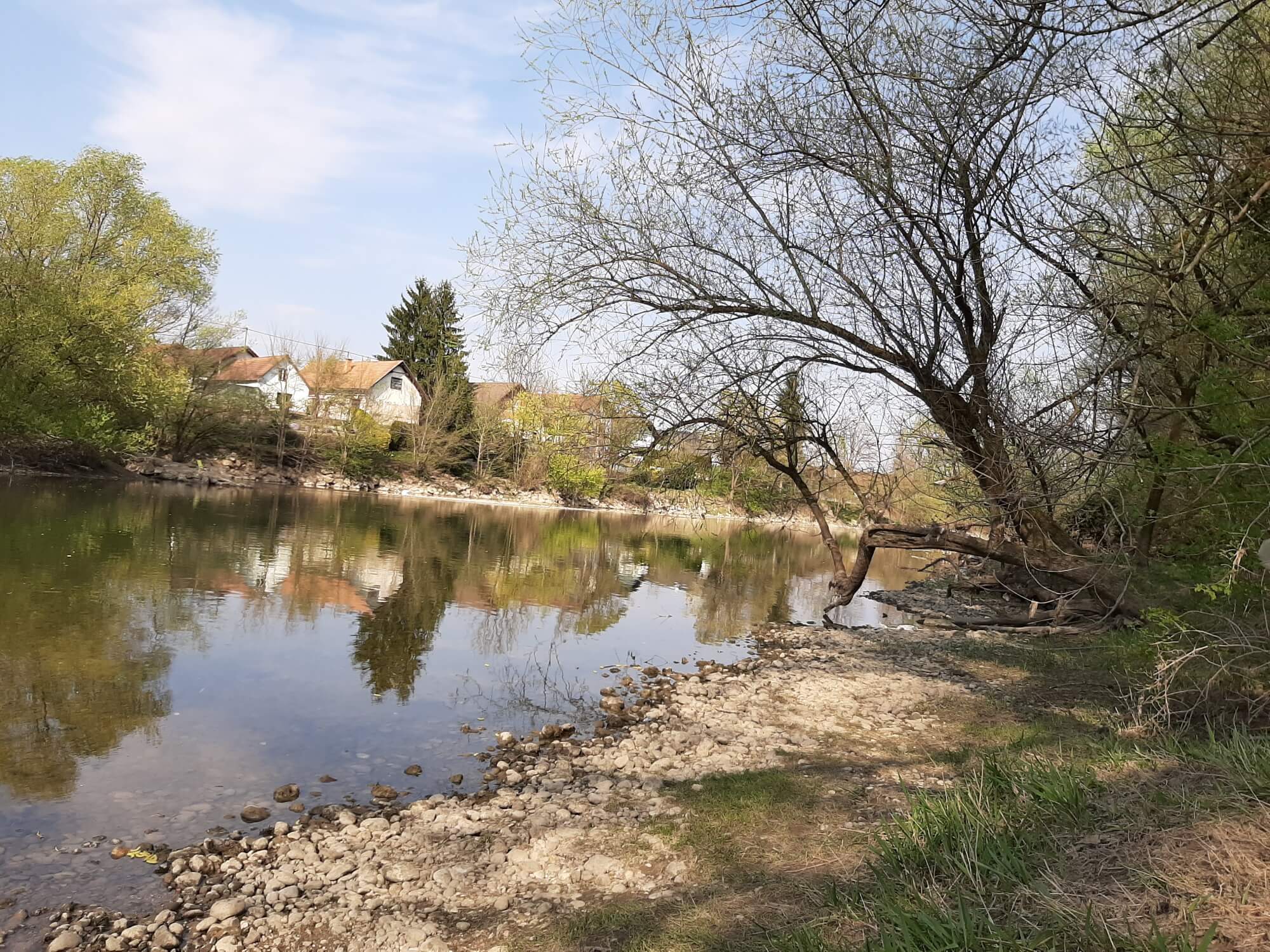
Then there is another boat where you sail these uncharted waters alone, and for many elderly without the ‘company’ of social media, and the physical security of a family this is very scary – alone and listening to the spurious daily statistics spewed willy nilly all over the global media; meaningless to those who understand statistics and positively terrifying for those who don’t – and with no one close by to share their fears.
Even for the less elderly, this enforced social distancing is difficult – mentally and emotionally, and I, for one have wearied of the endless ‘jokes’ on WhatsApp and unsubstantiated rants by the uninitiated on social media.I yearn for the close physical comfort of old friends, even a distanced bike ride or a glass of wine would be good, but then again, I fear my self, all my suppressed fears and emotions may come belching out in an unstoppable tirade......
Daily, I have to remind myself that I am not living in fear of snipers, bombs or starvation, I have a roof over my head and at present, I am healthy – plus, I live in one of the most beautiful cities in the world close to the river and nature. I am very lucky.
In response to the copiously asked daily question from well-meaning friends of ‘How are you?’ I answer robotically ‘Up and down, how are you?’ Maybe I should answer truthfully. ‘I don’t know!’
Do foreigners in Slovenia feel more or less safe sitting out covid-19 here than in their home country, and what are their experiences? All the stories in this series are here. If you' like to contribute, see here or at the end of the story
Tell us a little about yourself.
I am from Manchester in England and have lived in Slovenia now for 25 years. With my husband, we came in search of a different, in our view better, quality of life, which we definitely found. I love the pace of life, that there’s always time for a coffee, the fresh food on Ljubljana Market, the beautiful countryside that’s constantly around us and the generosity and friendliness of people.
For 20 years now I have been running my own Learning and Consultancy business, Fast Forward International d.o.o. My passion is bringing humanity to the heart of organisations by empowering individuals to be their best selves, teams to think and act as one and leaders to inspire and empower.
To achieve this we provide soft skills workshops, individual coaching, long term change programmes along with tools and programmes for Emotional and Relationship Intelligence. You can see more on our web site or connect with us on Facebook and LinkedIn.
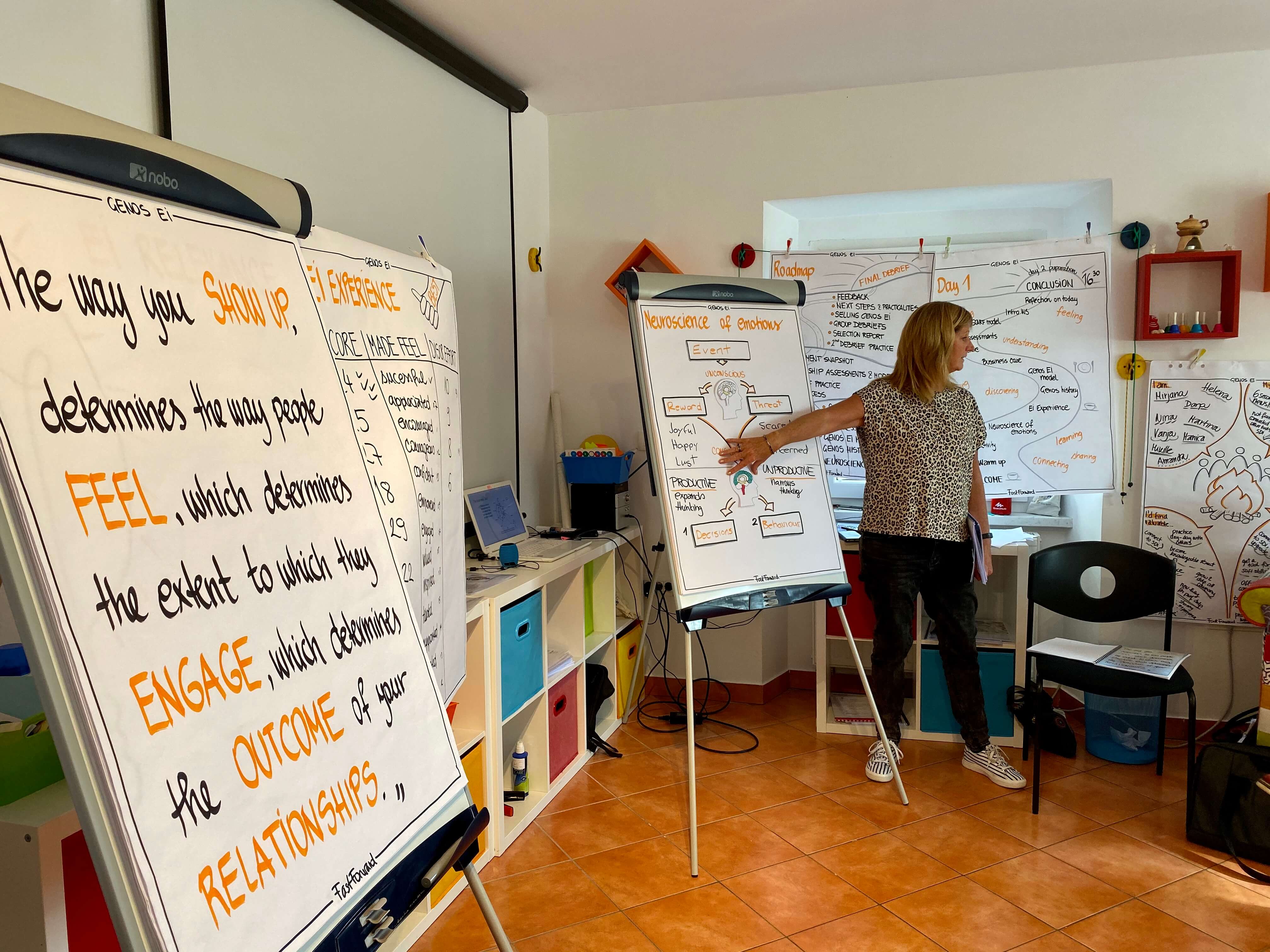
Tell us a little about your situation and sanity levels.
I am home with my husband since 14th March, we live in a large old house near Velike Lašče in which we have our own apartment, a learning centre where we run some of our workshops and coachings and an office where four of us are usually based. This means right now, we have plenty of space, including a balcony that gets lots of sun, so I would say we’re doing really quite well.
I have embraced the change and am making good use of this time to help and support others with the tools and knowledge we have from our work, which gives me a sense of purpose and meaning that I enjoy. This has included developing a series of short videos, that help people to ‘Thrive, not just survive’ in this time, that are freely available on You Tube. The aim is to help as many people as possible, so share as you wish.
We’re in regular touch with our families in the UK, chatting with friends online and enjoying more time for cooking, reading and relaxing. With the lovely weather we’re having and time to sit on the balcony, its actually quite a pleasant time :)
What do you think about the economic measures the government is taking, are they helping your business?
We looked into these, but as we are continuing to work, although differently, we decided to simply reduce our costs as much as possible for a while and develop new services that work well and support people at the moment. As our coaching and one-to-one services are the most suitable for this, it has meant us learning new Apps and tools to work with which is also good for the longer-term future.
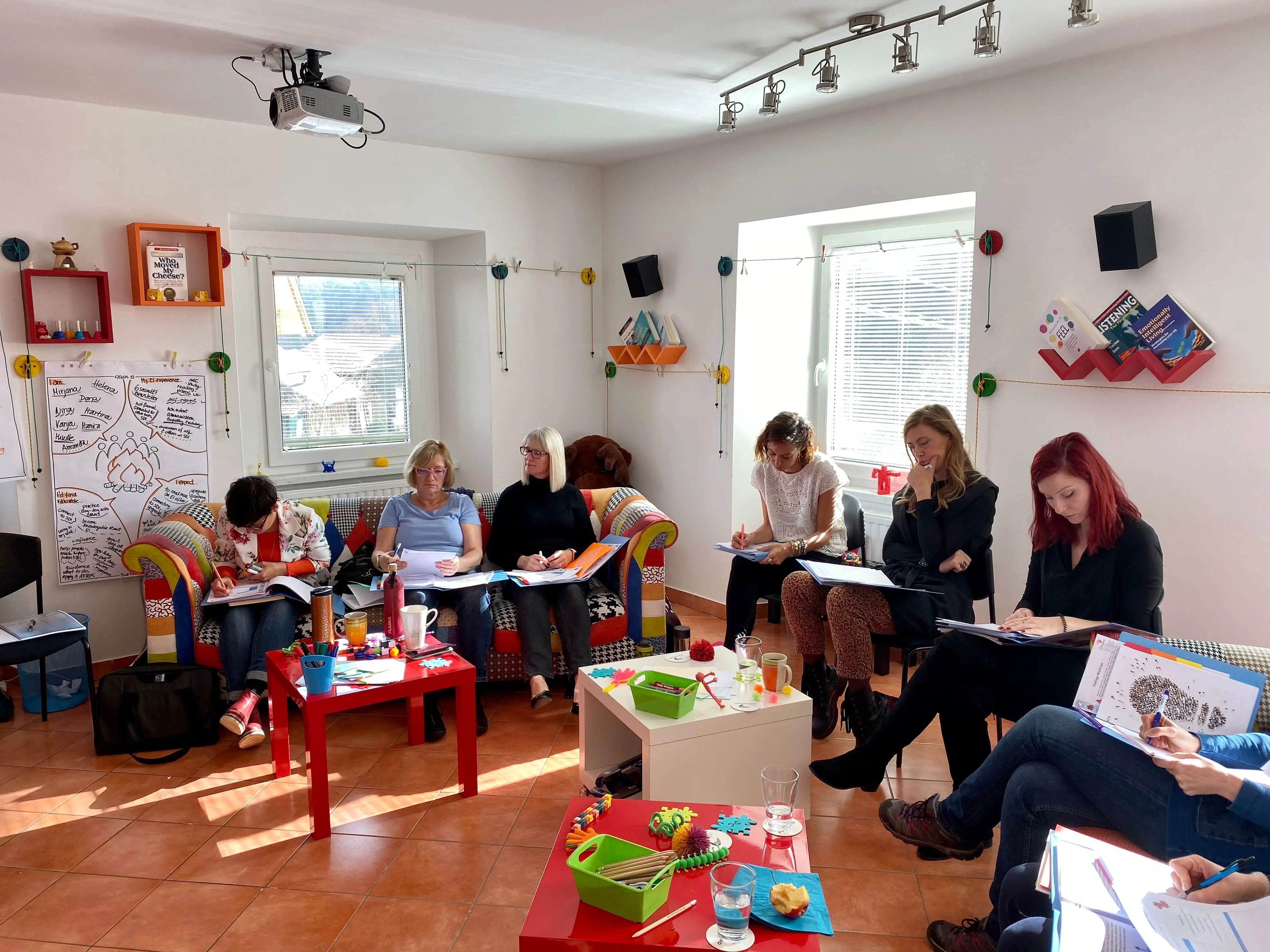
When did you realise that coronavirus was going to be a big issue?
I think seeing what was happening in Italy and how close this was to us, as well as people we knew who were quarantined in various other countries. At this time, I started to follow more ‘scientific reports’ as well as the coronavirus regular updates on Total Slovenia News, which were practical and informative and great to have in English. I also began to know people who had the virus and this helped in understanding how important the isolation measures were.
What is your impression of the way Slovenia is dealing with the crisis?
I am impressed with what I see as decisive and necessary actions, quickly implemented and enforced, in a step-by-step way as appropriate. More importantly I’m also impressed with how people are mostly following the precautions, and local communities are also helping their neighbours while keeping their distance. So yes, I feel safe, I am only exposed for shopping once a week, and this is also managed well in our local supermarkets with only a few people in the shop, everyone wearing masks and staying well apart.
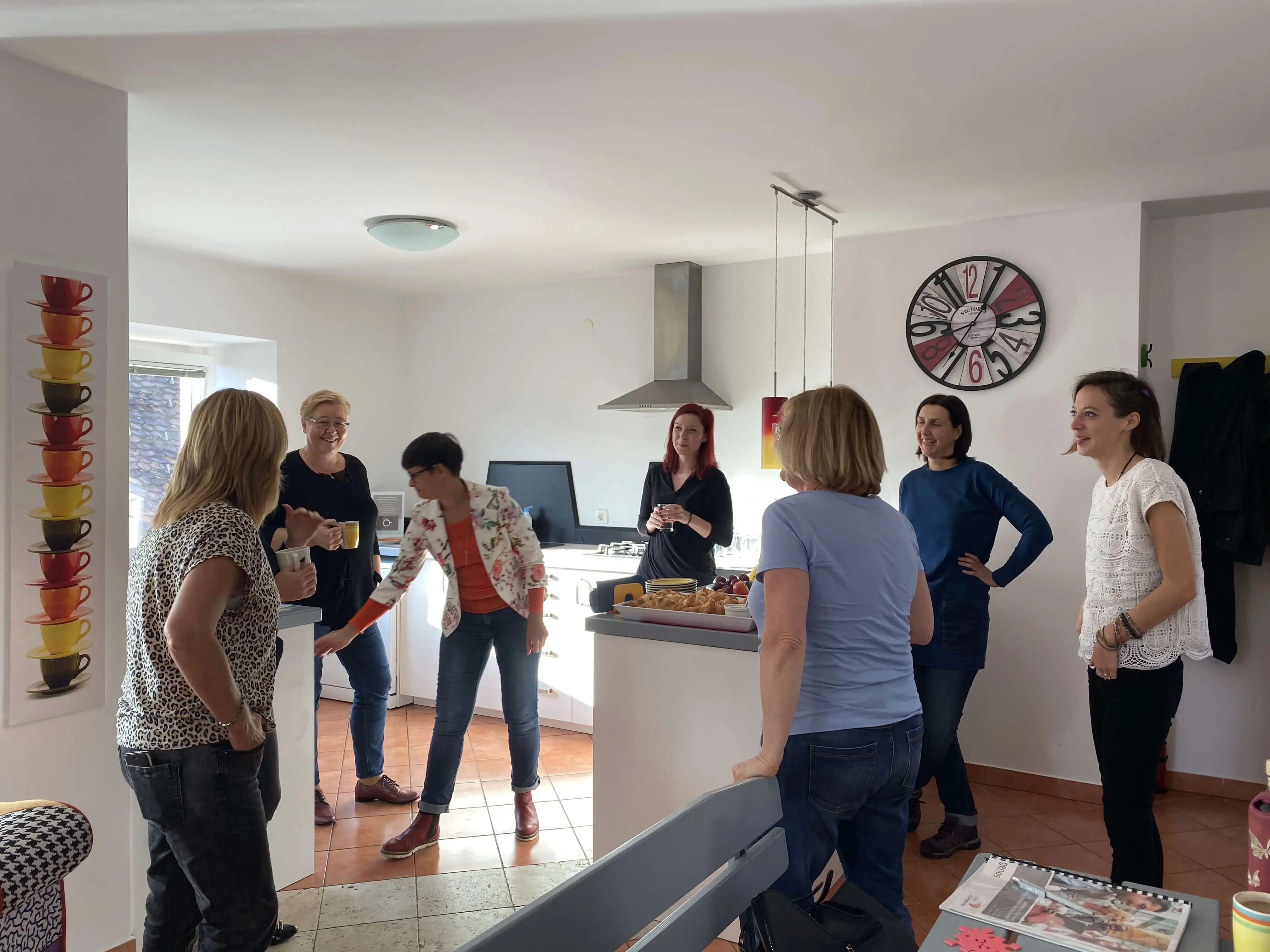
Now compare that to the UK and how they’re handling it there.
The UK seems a little behind us and not as disciplined as here in Slovenia. I hope this will change soon. Of course, there’s a lot more people which makes it more difficult. I think the UK does not want to ‘impose’ rules, rather expects people to be responsible and play their part, which many people are doing. Unfortunately, some not, and with such a big population, even a small percentage could be a big problem. making containment of the virus more difficult and therefore longer lasting with more possible deaths, which is very sad.
What about official communications from the authorities, compared to your home country?
I’m not following any official channels in the UK, just the news, but our families there are well informed and know what to do. Here friends update us and Total Slovenia News is our main source of official updates in English, which works really well
What's the one thing you wish you had taken with you into self-isolation.
Honestly, I cannot think of anything I miss at home, except people. Seeing and chatting with friends and family online is great, but I’ll also be glad when we can see each other face-to-face again. Otherwise we’re looking forward to being able to shop on Ljubljana market again, having a coffee by the river after shopping and meeting friends for a drink and a chat.
One thing you have learned about yourself, and one thing you have learned about others during this crisis.
For myself I am learning how much I love and appreciate my life, how important family and friends are and that I am actually quite happy at home, just spending time with my husband.
For others I observe that the situation brings out more of who we are, so our true colours show themselves more clearly, for better or for worse. Fortunately, mostly for the better.
You can see of Pam’s work on her web site or connect on Facebook and LinkedIn.
If you’d like to contribute to this series please answer the following questions and include a paragraph about yourself and where you’re from, and a link to your website if you would like. Please also send 3-4 photos minimum (including at least one of yourself) to This email address is being protected from spambots. You need JavaScript enabled to view it.. Subject: Corona Foreigner.
Firstly, how are you? Are you alone/with someone? Tell us a little about your situation and sanity levels.
What do you think about the economic measures the government is taking, are they helping your business? (PLEASE IGNORE IF THIS DOES NOT AFFECT YOU)
When did you realise that coronavirus was going to be a big issue?
What is your impression of the way Slovenia is dealing with the crisis? How safe do you feel?
Now compare that to your home country and how they are handling it. What is Slovenia doing better/worse?
What about official communications from the authorities, compared to your home country?
What's the one thing you wish you had taken with you into self-isolation?
What's one thing you have learned about yourself, and one thing you have learned about others during this crisis?
Slovene businesses are hurting. Local entrepreneurs remain helpless as the coronavirus pandemic decimates countless industries and sectors. Eateries, boutiques, artisans, and others are taking a big hit throughout Slovenia, especially those without robust e-commerce strategies. It’s become clear that not all businesses are prepared to cope in this climate.
Here in Slovenia, I witnessed my consulting work dry up and my own pipeline take a nosedive, while at the same time, an American friend experienced similar revenue challenges at his business. We realised something needed to be done to help sustain local communities, and Z Ljubeznijo (With Love) was born.
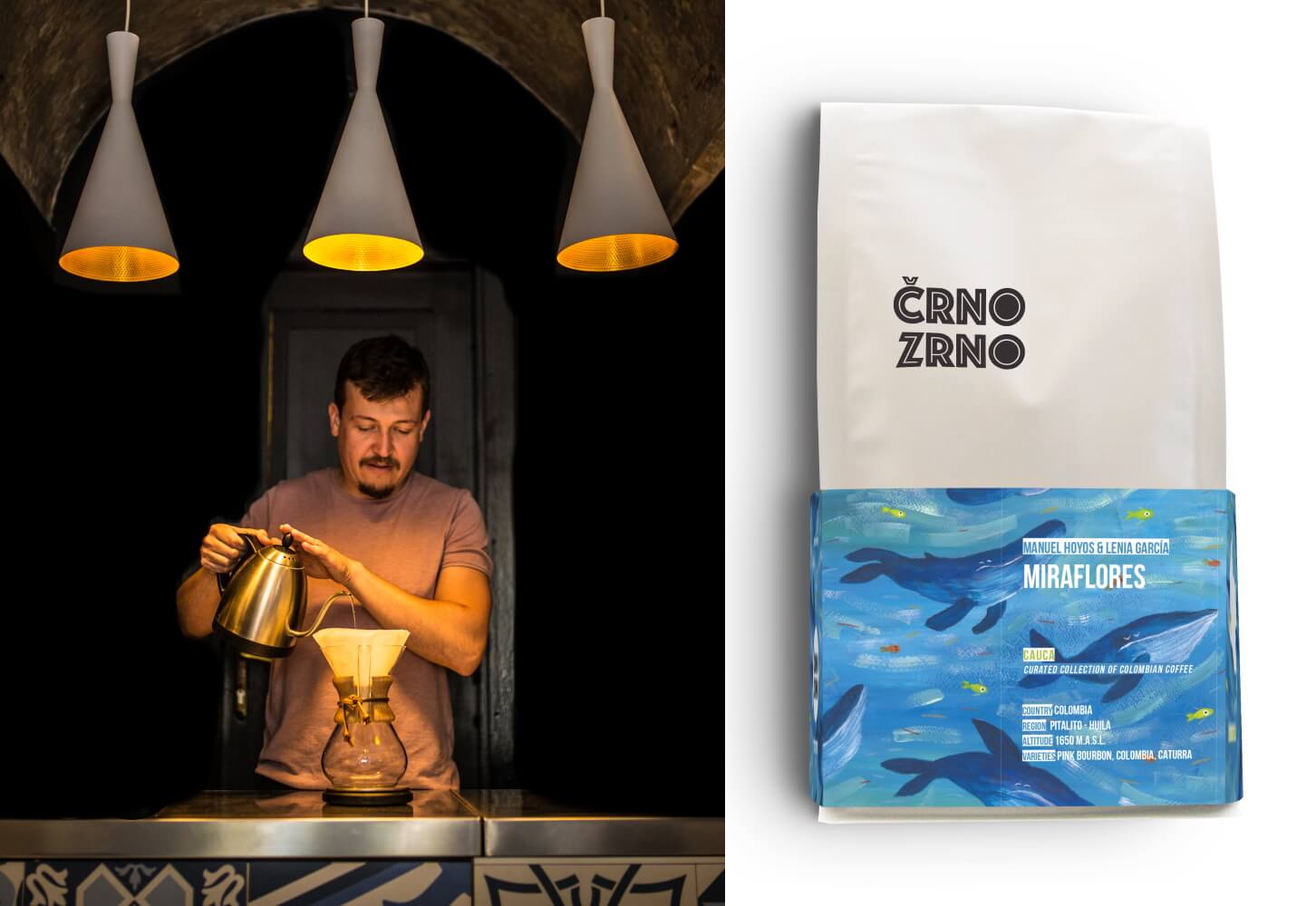
Today’s COVID-19 crisis requires all of us to adapt. Z Ljubeznijo is on a mission to help manage uncertainty for local business owners, their families, and our community. Z Ljubeznijo exists to provide an immediate revenue stream to hundreds of talented artisans creating incredible products here in Slovenia.
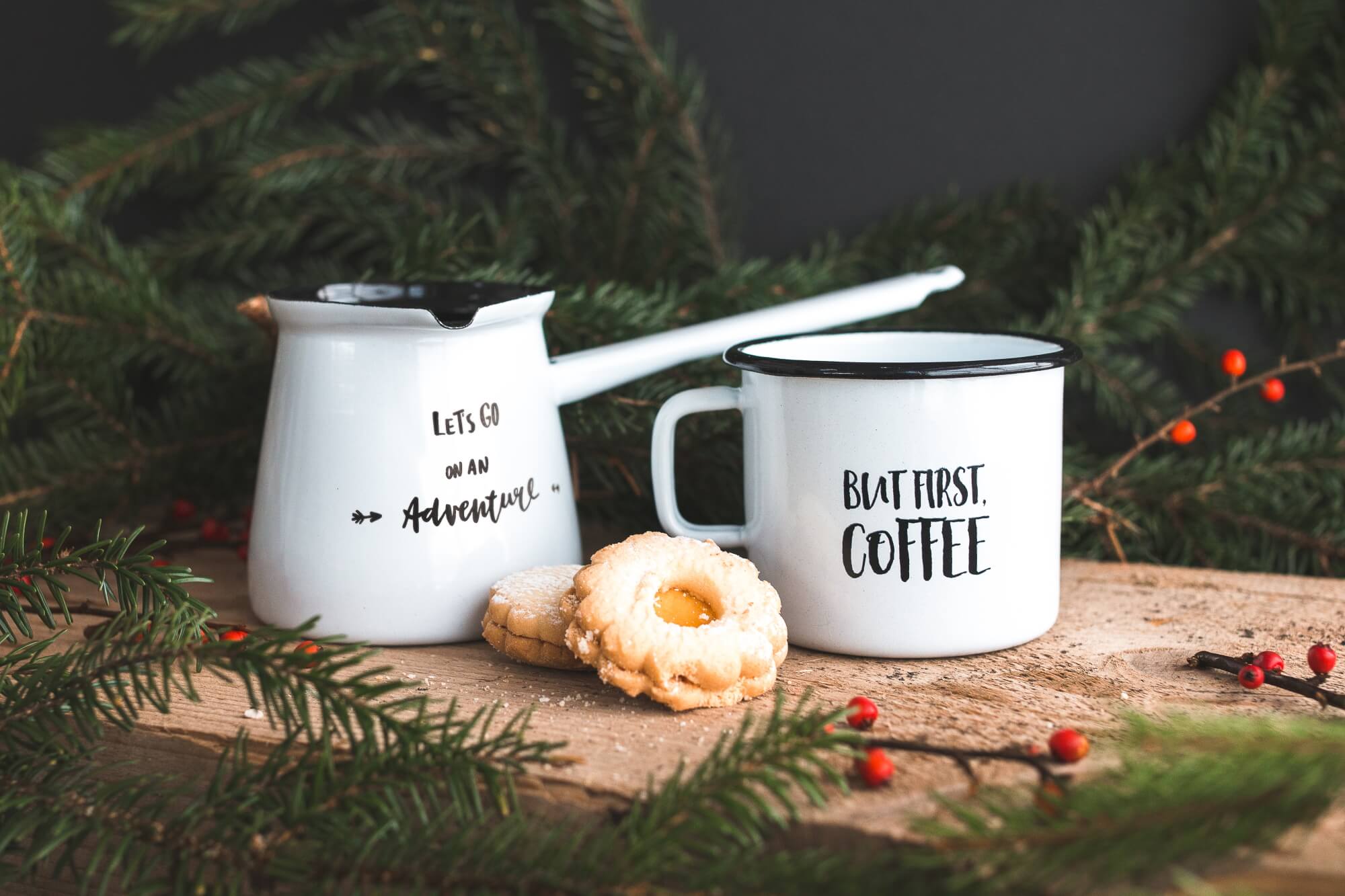
Social distancing doesn’t have to decrease human contact. Launched in April 2020, the idea behind Z Ljubeznijo is simple: we've created unique, giftable boxes filled with hand-picked, Slovenian-made products for your friends, colleagues or a loved one. Inside each box is an assortment of handcrafted goods such as coffee, apparel, chocolate, candles, mugs and even vouchers to local experiences. Pricing starts at just €29 per box. It will also be possible to request customised boxes for healthcare workers and bulk orders for your employees to ensure a sense of togetherness while working from home.
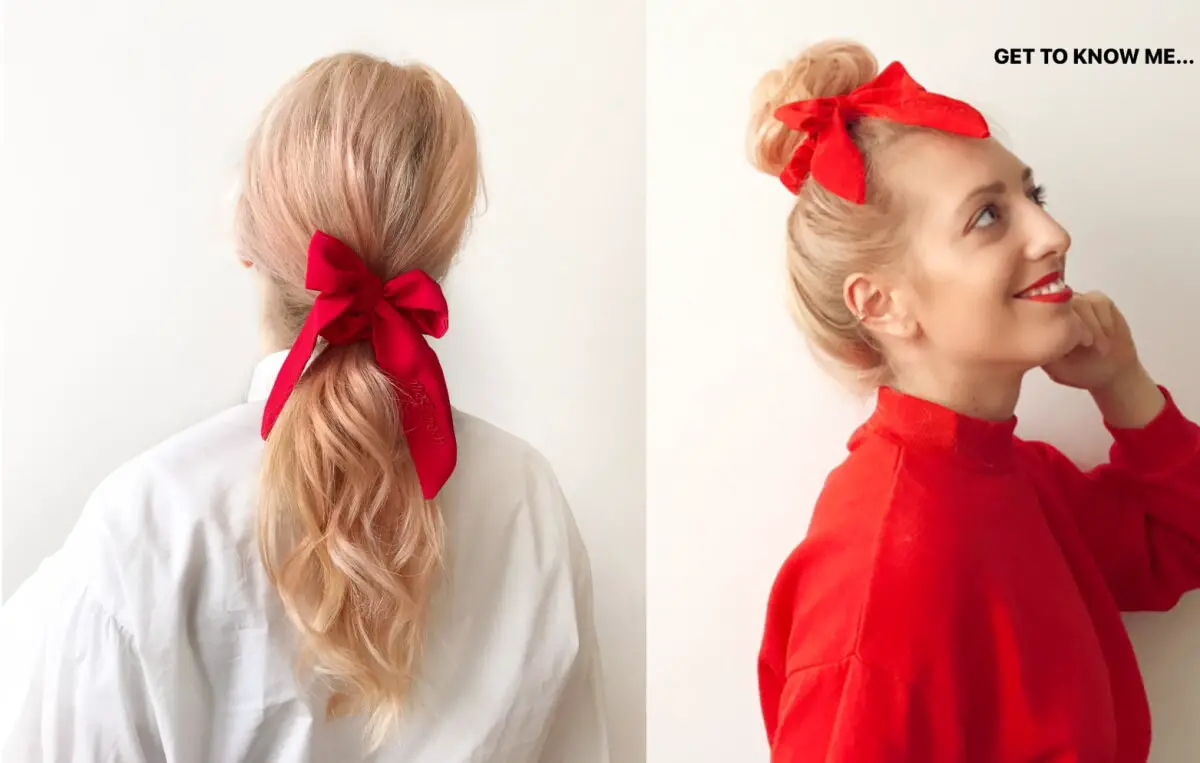
The response has been overwhelming. Local heroes such as Nina at Cuckoo Cups, Alex at Črno Zrno, Katja at Wowbow, Kate at Pure Glass and Sam at Breg Designs have all joined this project. Other local businesses are getting in touch daily. We’re in this together, and together we are stronger.
If you like the concept - and if you want to show your support - go ahead and gift a box at Z Ljubeznijo to someone special you can’t touch right now...except with a thoughtful gift box. You can even put in a personalised note! And if you would like to become a partner, please fill out your details here or email This email address is being protected from spambots. You need JavaScript enabled to view it.. Our list of partners is growing fast, but we want to include as many local Slovenian artisan companies as we can.
If you’d like to share the story of a Slovenian project with our readers, then please get in touch at This email address is being protected from spambots. You need JavaScript enabled to view it.
Do foreigners in Slovenia feel more or less safe sitting out covid-19 here than in their home country, and what are their experiences? All the stories in this series are here. If you' like to contribute, see here or at the end of the story
Who are you, and how did you come to be here?
Hi, my name is Mark Evans and I'm an Australian immigrant to Slovenia, originally from our capital city of Canberra. My husband is a Slovene living and working in Ljubljana, and I moved here to live with him back in April, 2018 after completing my BA in European politics and public policy. I'm currently working part time while searching for full-time work in my field (difficult to find without citizenship, sadly!). I'm also mulling over applying for an MA.
Tell us a little about your situation and sanity levels.
Well, we're alive, healthy and mostly sane, which is luckier than many. We live in a multistory apartment building and this last month has left me extremely envious of anyone with a proper balcony or a garden. With the incredible weather I'd love to be out cycling far more than I am, and I'm envious of my family back home in Canberra, who have far more space and easy access to wilderness areas which they can enjoy safely. My husband and I share our apartment building with many retirees, so we're worried about the risk of bringing the virus back home with us and endangering the health of our older neighbours.
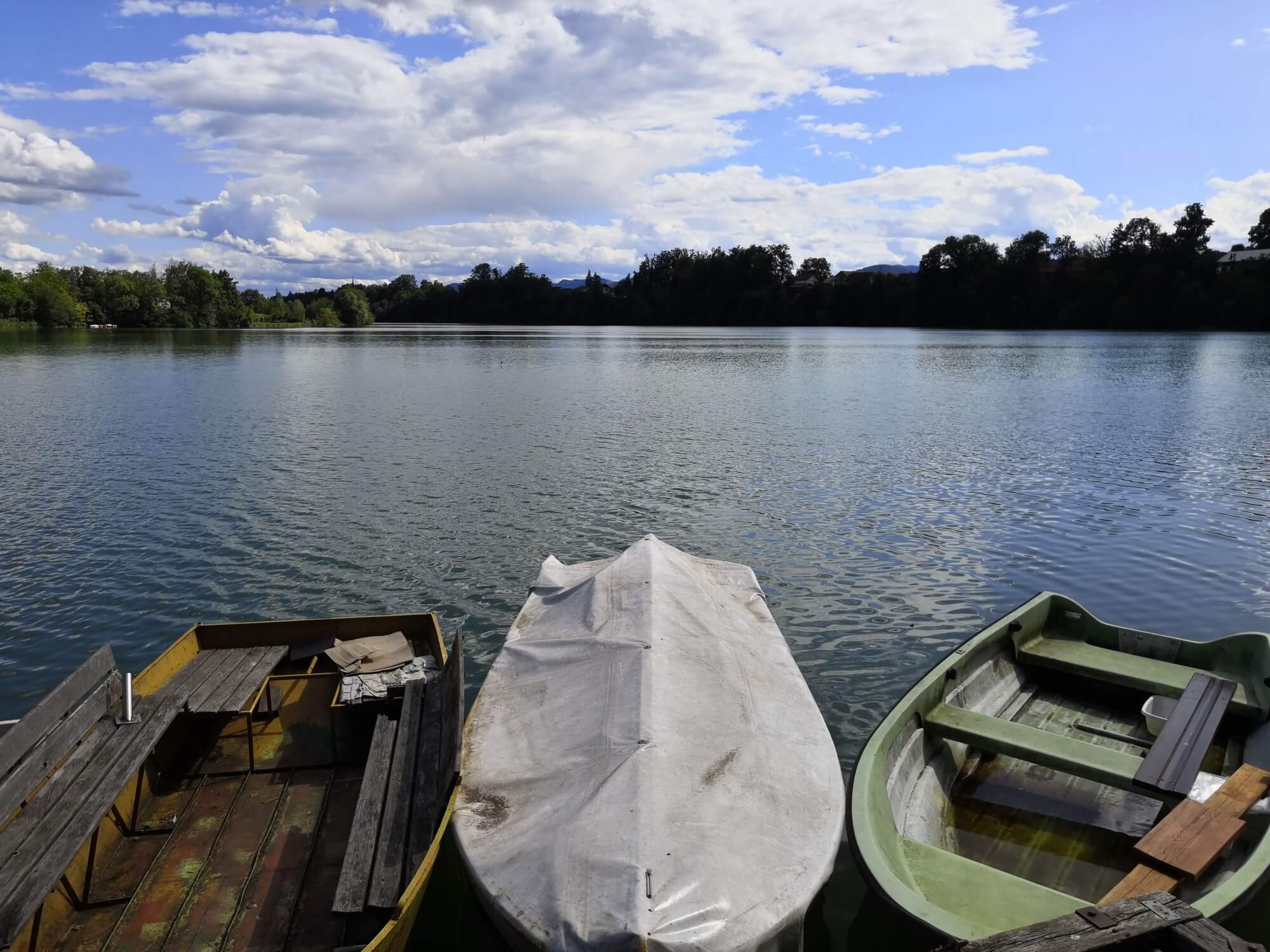
What do you think about the economic measures the government is taking, are they helping your business?
My husband was right in the middle of changing jobs as this crisis struck, and we're incredibly fortunate that his work life hasn't been too severely disrupted by the pandemic because he can work remotely - many don't have this privilege. While the government's measures are rock solid in supporting formal employees, they fall short for the people who need support the most - already marginalised members of society working in low paying, informal jobs, like migrant workers.
When did you realise that coronavirus was going to be a big issue?
I didn't pay much attention to the crisis in China, and only started to follow it after the outbreak in South Korea. With a background in public policy I was paying more attention to the news than many, but even then I under-estimated the severity of the threat. I was well aware of the enormous amount of work which governments and non-governmental organisations had poured into pandemic preparedness since SARS in 2002-3. I hadn't realised how far these measures had eroded since 2016, or how little attention our governments would pay to experts until it was too late.
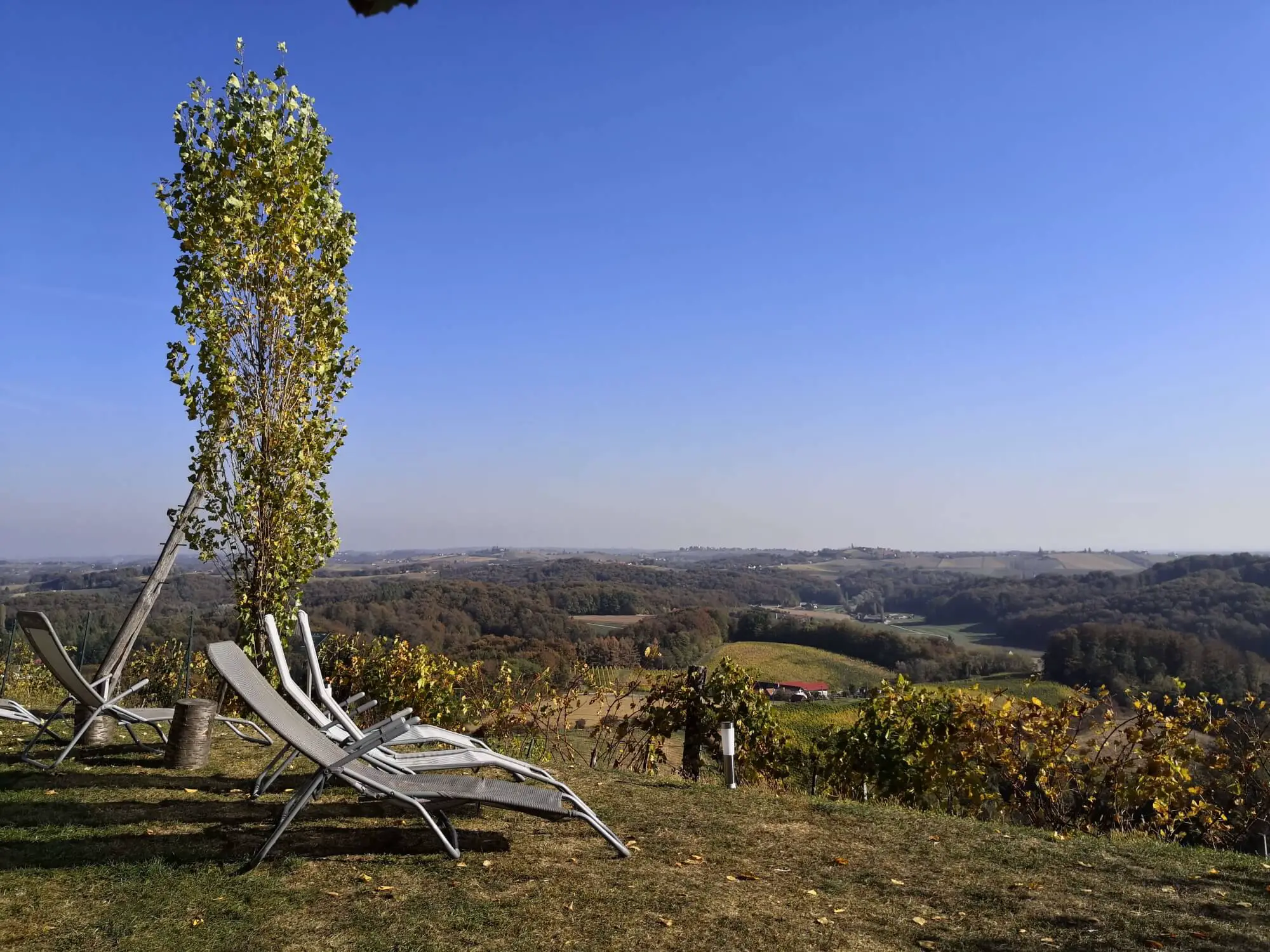
What is your impression of the way Slovenia is dealing with the crisis?
My feelings on the Slovene handling of the crisis are mixed. In the short-term, the current administration has been successful in controlling the epidemic, and taken the difficult decision to lock the country down in a timely manner. However, this is coming hand-in-hand with naked power-grabbing by Janez Janša and his allies, as they use the crisis as an excuse to replace qualified public servants with yes-men, to threaten dissenters and to stifle the media. While I do not feel endangered by Covid19 here in Slovenia, I am extremely worried about the path this administration will take in the aftermath of the pandemic. If it follows in the footsteps of Janša's allies in Hungary, I suspect these power-grabs will only intensify. And if Hungary's recent attacks on democracy and the rights of LGBT+ citizens are any evidence, I am deeply worried that SDS will soon be turning its sights on the rights of couples like me and my husband. I am, after all, the kind of gay immigrant "degenerate leftist" Demokracija magazine warns its readers about.
How does that compare to the situation in Australia?
Australia's approach to the pandemic has contrasted strongly to Slovenia's - where I am comfortable in the short term in Slovenia but worried about the long term, I feel the opposite for Australia. Our government was far slower than Slovenia to act - we had weeks of extra time before the outbreak really started, but were very slow to take it seriously. As a result, an epidemic arose and thousands of Australians have now been infected, while dozens are already dead. However, once the federal government finally did act, it brought together a coordinated cabinet of state and territory governments from both sides of politics to organise a unified and de-politicised response. Its handling has definitely not been perfect, but the government has shown remarkable cooperation with opposition parties, and has made hard decisions for the public good which I never would have expected it would step up to make.
What about official communications from the authorities, compared to your home country?
Communications in Australia followed the same trajectory as its policy response - slow, confused and conflicted at first, and wasting many weeks. As the epidemic picked up speed our Prime Minister, Scott Morrison, infamously declared he'd still be going to watch the rugby in a packed stadium. However, once the scale of the impending catastrophe became undeniable, the government got its act together and put together a responsible and effective communication campaign which has finally convinced the public of the danger.
Here in Slovenia I've observed very different communications from the civil service versus the government itself, and the disconnect worries me. Civil services and businesses largely seem to have responded quickly and capably, and the messaging I see coming from the public sector is encouraging. Much of what I see from the government itself is, however, appalling. It is extremely alarming to see the Prime Minister falsely blaming the WHO for the pandemic on Twitter while his administration abuses the crisis to slander and harass its opponents in the media. A government using its emergency powers to scapegoat "global elites" in the face of all evidence and defame its critics as "escaped mental patients" is something you'd expect from a tinpot dictatorship, not a democratic EU member state. If this behaviour continues - and I expect it will, given SDS' long history of promoting falsehoods and slandering critics - then I am extremely worried about the damage it will do to public trust in government institutions and communications.
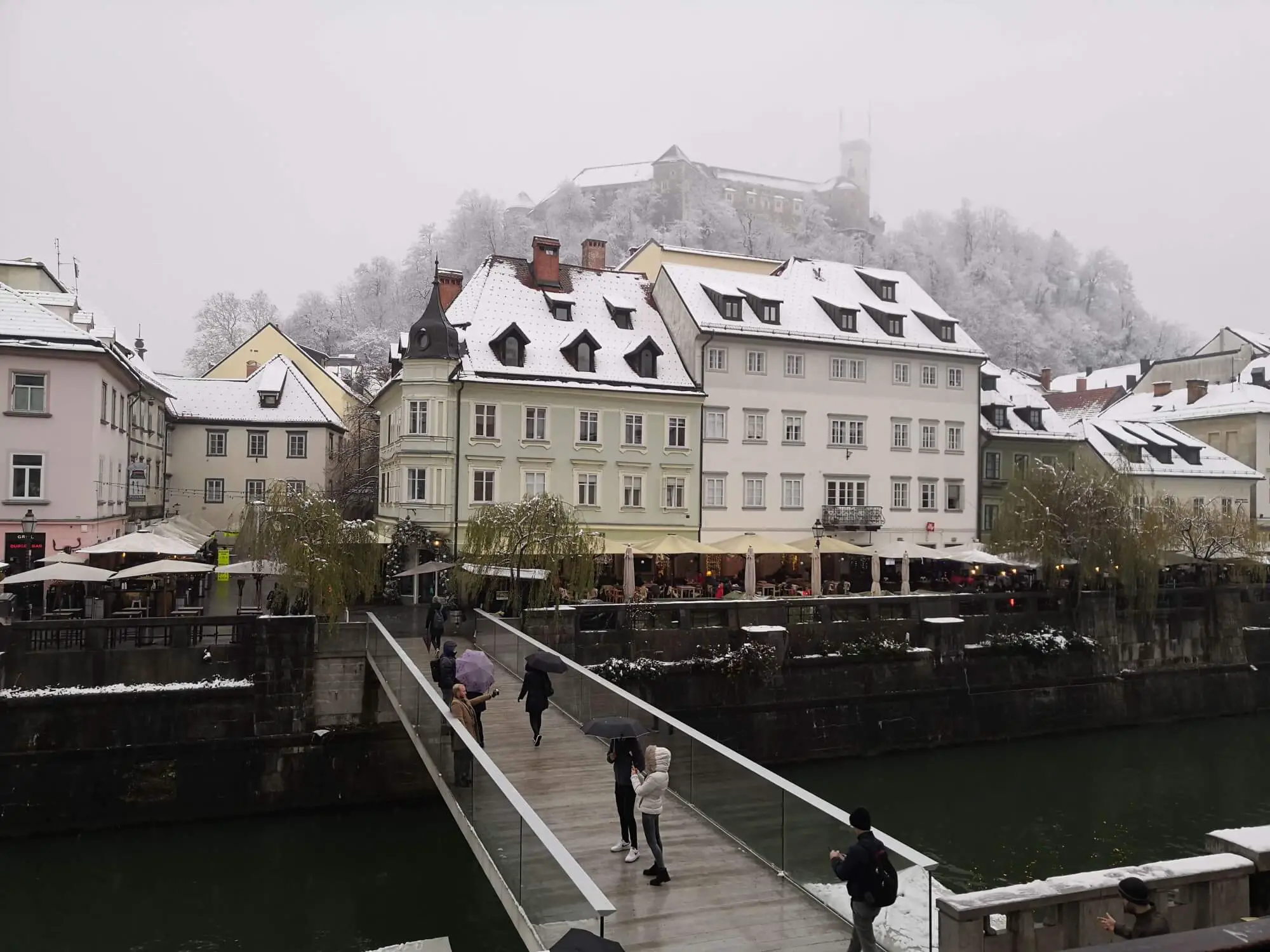
What's the one thing you wish you had taken with you into self-isolation?
A working exercise machine! We have an elliptical here at home, but it's broken. I'm an avid cyclist and I'd kill for a good bike machine to have at home, since I can't really get out for rides right now. I'm getting by on at-home workouts but it would be wonderful to have the feeling of motion again.
One thing you have learned about yourself, and one thing you have learned about others during this crisis.
If I didn't know for sure that I was an extrovert before this crisis began, I certainly do now. I miss being able to get out and about in crowds, and I miss being able to see my friends face to face. I think many other people are learning this about themselves too - even if you don't consider yourself a very social person, there are all those little day to day human interactions we rely upon and take for granted. The world can feel like a very lonely place now that they're gone.
If you’d like to contribute to this series please answer the following questions and include a paragraph about yourself and where you’re from, and a link to your website if you would like. Please also send 3-4 photos minimum (including at least one of yourself) to This email address is being protected from spambots. You need JavaScript enabled to view it.. Subject: Corona Foreigner.
Firstly, how are you? Are you alone/with someone? Tell us a little about your situation and sanity levels.
What do you think about the economic measures the government is taking, are they helping your business? (PLEASE IGNORE IF THIS DOES NOT AFFECT YOU)
When did you realise that coronavirus was going to be a big issue?
What is your impression of the way Slovenia is dealing with the crisis? How safe do you feel?
Now compare that to your home country and how they are handling it. What is Slovenia doing better/worse?
What about official communications from the authorities, compared to your home country?
What's the one thing you wish you had taken with you into self-isolation?
What's one thing you have learned about yourself, and one thing you have learned about others during this crisis?
Do foreigners in Slovenia feel more or less safe sitting out covid-19 here than in their home country, and what are their experiences? All the stories in this series are here. If you' like to contribute, see here or at the end of the story
Who are you, and what are you doing in Slovenia?
Hi, my name is Anya Piatkowska. I am Polish and moved to Slovenia two and a half years ago after living for two years in Ireland and 12 in London. I live in Medvode with my husband and two children.
I am an International Life Strategy and Transformational Coach and Founder of 'Art of Life' model. The title might sound a little bit abstract but is actually very simple. My work is all about guiding people to their potential, supporting them through life changes and reminding them how to shift energy and enjoy life even more, from inside out! This kind of work with people is the absolutely best thing, I believe, you can give to people to help them have an exceptional life. You can contact me or read about it on www.anyapiatkowska.com . Or you can find me on Facebook at my fan page, or the group Grow International Slovenia for people interested in self-development and networking with other open-minded international and local people. Mum of 2 and Explorer, Nature and Conscious Living passionate.
Tell us a little about your situation and sanity levels.
I am doing well. Just a little bit insane about home-schooling (especially when still not so fluent in Slovene). Despite teaching skills for a living, home-schooling seems to be a real challenge for me. I want to say a huge thank you and show my respect for all teachers, who take care and teach our children every day. Especially in Medvode, we have really great one! Being a transformational coach - a person who guides people through life changes and growth – I am not only taking care of myself and my family’s sanity but also that of other people who turn to me for support, boith on social media and in 1-on-1 sessions
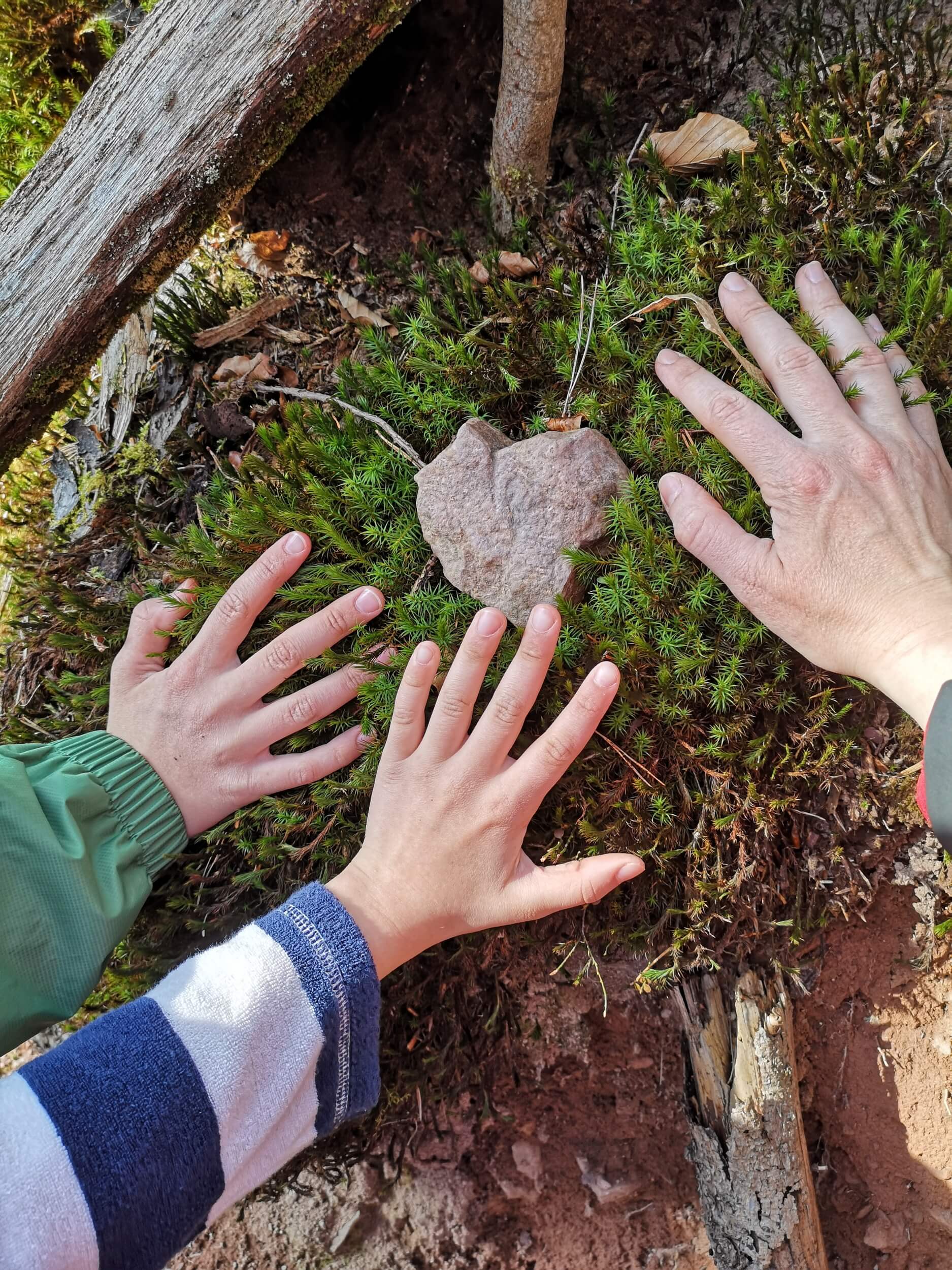
What do you think about the economic measures the government is taking, are they helping your business?
Apart from being a transformational coach, I also work for a company. And I was just informed about the government help which will support people in full-time employment like me. Which is not the same as full salary, but very helpful in times like we have now. My main concern is people who are without any income at all.
When did you realize that coronavirus was going to be a big issue?
This pandemic has been a big issue for me since last week. As a coach who works on holistic life wellbeing and transformation, I am getting more and more messages about people’s mental states. About real daily life situations and the difficulty of managing one’s feelings. People are waiting for things to going back to normal and not feeling good about such a huge change in their lifestyle. In my opinion, we should start to learn how to adapt instead of thinking about when will things be like before coronavirus. As they never will be. Plus what we resist, persists.
I am writing a book called Art of Life-Human Mini-Guide, which hopefully will help people after the pandemic calms down. Help to build a new reality in the new circumstances we are all in. In my opinion, this guide will be the essence of what I wish my children and everyone should know for an exceptional life. Which might be hard to imagine right now. And what I think is worth mentioning is that my target group are other expats, as a group who often uses guidebooks to know, plan and enjoy their next move and journey. I want to do the same thing in Art of Life-Human Mini-Guide,but guiding how to strive as a full human, instead of just surviving as a lone sailor. And also to give people some practical tools for daily life, and beautiful art to help them to connect with their heart and soul. I hope they at least wish to consider things from a different perspective. And open themselves to take the responsibility to adapt to new circumstances in a more conscious way.
What is your impression of the way Slovenia is dealing with the crisis?
I am quite impressed with the people I know. They really care and listen to what's advised in the current situation. I am also very impressed with the precautions and disinfecting customers hands and trolleys before entering the supermarket. And the small number of people who can enter it at the same time.
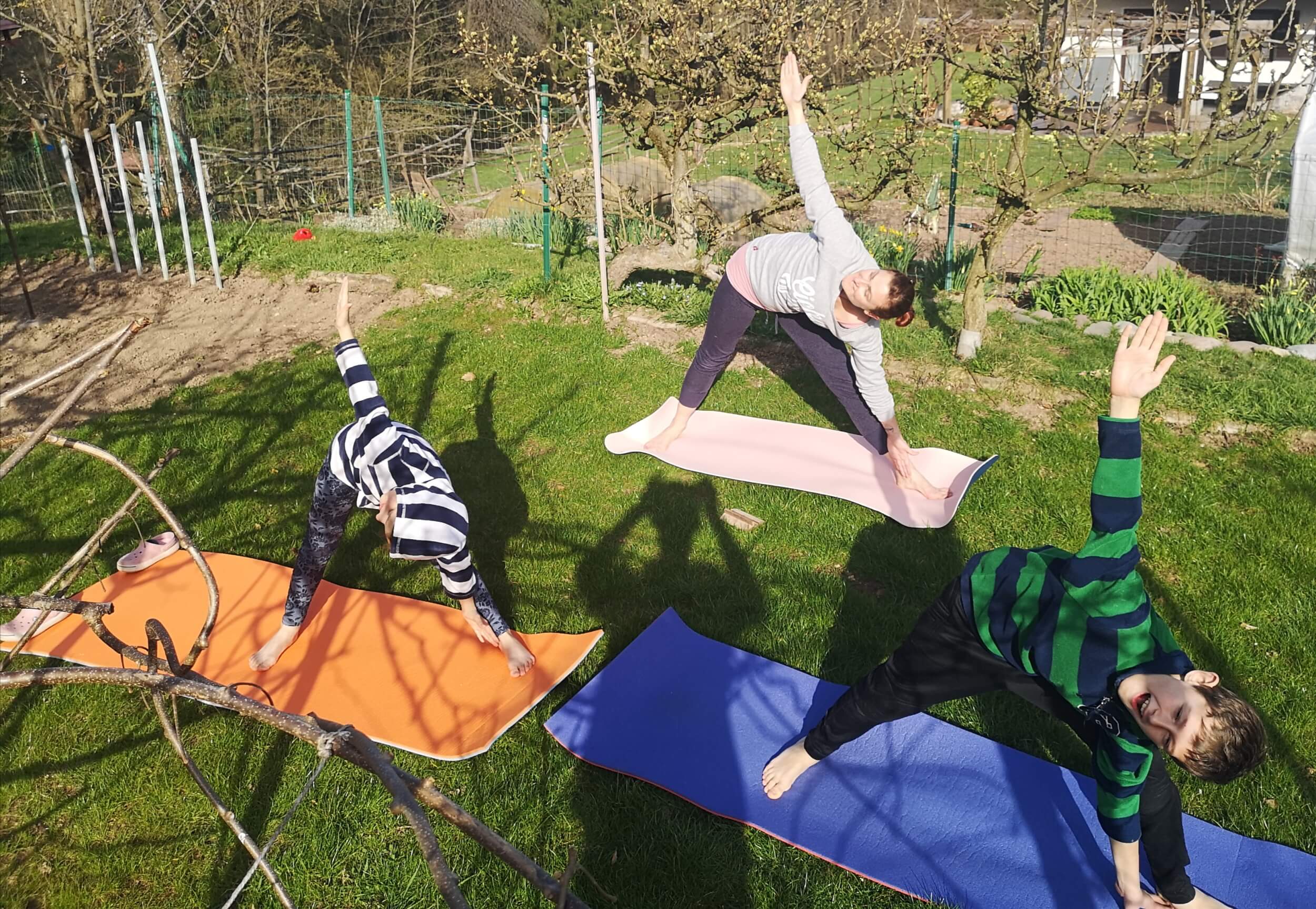
How it compared to Poland?
My home country Poland has similar but even more strict rules. Poland is a big country, which means more people. This means the population is not so easy to organize (I do not like the word to control) in such serious circumstances. As my mother said, "young people who do not have studies now, they decide to socialize and party even more because they have time", so the rules got even stricter recently. I believe that here in Slovenia we reach and inform each other more effectively because there are not so many people.
What about official communications from the authorities, compared to your home country?
My husband is working with well-informed people, while I am not watching any news, just for some mental hygiene. But of course I know and support all restrictions and precautions we are advised now. I read Total Slovenia News updates though, and often share them in my Facebook group Grow. International. Slovenia. So people can understand how important it is to focus on positive things and mental hygiene – which might be challenging for people who were not interested in self-development before – along with the greater hygiene we need with our behaviours and daily routines.
What's the one thing you wish you had taken with you into self-isolation?
I’m always eager to learn and grow more every day, so I’d probably take more books. I still prefer to feel a paper book over a Kindle or other reading app, though I appreciate them a lot, too.
What’s one thing you have learned about yourself, and one thing you have learned about others during this crisis?
I actually talk about this on my website, but definitely I’ve learned to trust the process and that everything is happening for the reason. Even if it sounds brutal thinking of all the people who are dying now. But with a much bigger perspective this is a huge lesson for humanity. Which we might or might not learn from. We are all equal and connected, and we can see it right now perfectly as we all face the same situation, no matter who and where we are.
We can also focus only on the problem or, like I always say, we can start to focus more on the solution and on what we need to do now to protect ourselves as a species. So we can not only survive but also thrive from this life challenge. Hopefully we will focus more on a healthier, less stressed and more cooperative society. More connected to each other, nature and our hearts. Instead of chasing things which are not so important anymore.
If you’d like to contribute to this series please answer the following questions and include a paragraph about yourself and where you’re from, and a link to your website if you would like. Please also send 3-4 photos minimum (including at least one of yourself) to This email address is being protected from spambots. You need JavaScript enabled to view it.. Subject: Corona Foreigner.
Firstly, how are you? Are you alone/with someone? Tell us a little about your situation and sanity levels.
What do you think about the economic measures the government is taking, are they helping your business? (PLEASE IGNORE IF THIS DOES NOT AFFECT YOU)
When did you realise that coronavirus was going to be a big issue?
What is your impression of the way Slovenia is dealing with the crisis? How safe do you feel?
Now compare that to your home country and how they are handling it. What is Slovenia doing better/worse?
What about official communications from the authorities, compared to your home country?
What's the one thing you wish you had taken with you into self-isolation?
One thing you have learned about yourself, and one thing you have learned about others during this crisis.


